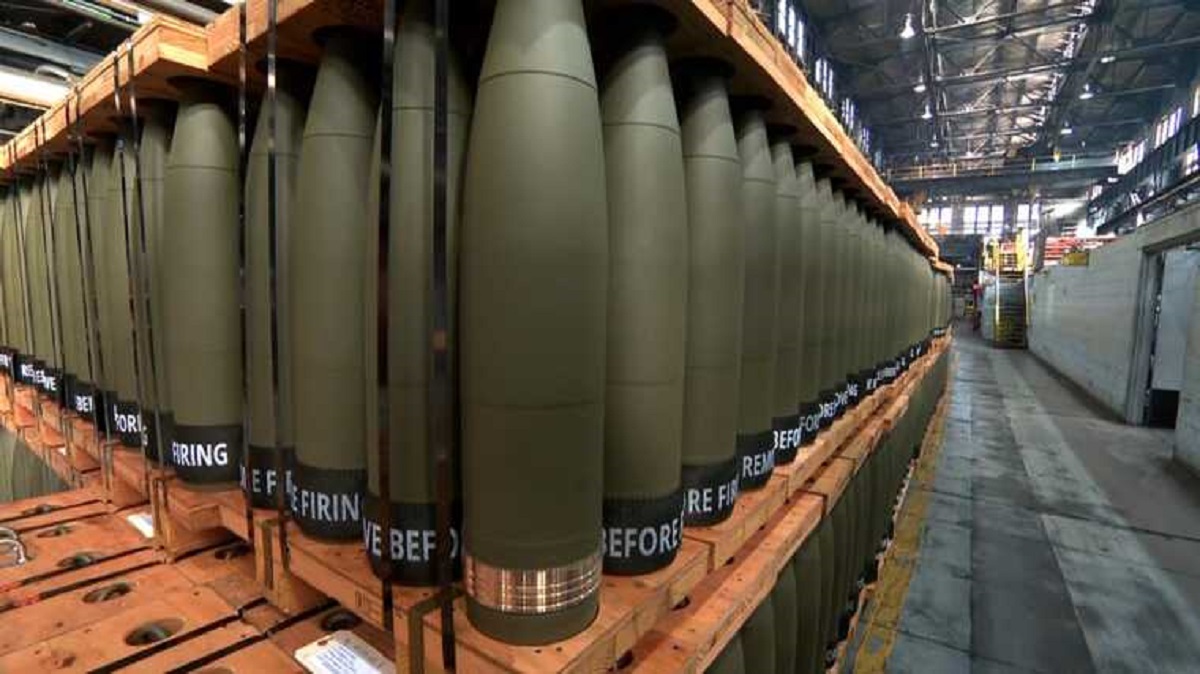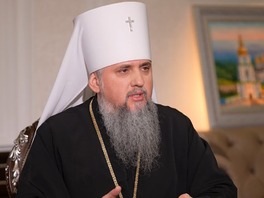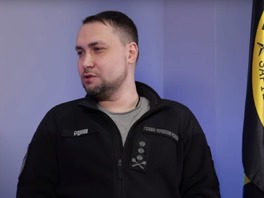The Czech Republic, spearheading the Western initiative to procure artillery shells for Ukraine's Armed Forces, has made significant strides. President Petr Pavel revealed on March 7 that funding for 800,000 shells, involving 18 countries, is underway. Just a day later, Prime Minister Petro Fiala announced the ‘projectile coalition’ has amassed sufficient funds for an initial batch of 300,000 shells. This development is a major boost for Ukraine, countering the Russian occupation's tactical gains in Donetsk's western region. The shortage of shells, exploited by the occupation army, is now being addressed, stabilizing the situation. Reports suggest Ukrainian Defense Forces have received shells in select areas, enabling a more dynamic defense. Explore the implications further in the Apostrophe article.
‘It is likely that Czech intelligence pinpointed shell stockpiles in Asia or Africa. They secured funds, possibly in stages, to procure the required volumes before publicly unveiling the initiative. Only after that, they announced the initiative itself, so that preempt Russian interference, preventing them from manipulating the market by acquiring the product indirectly through second- or third-party channels and driving up prices. The latest reports from the front indicate that some of the munitions have reached Ukrainian artillery units’, the Ukrainian military expert Ivan Stupak says.
Clearly, there is a reluctance to articulate this openly. The official stance persists – the projectiles are officially stated to be in transit to Ukraine.
‘The Armed Forces of Ukraine have transitioned to a dynamic defense strategy, notably in the Kupyansk and Avdiivka directions, driven by the heightened activity of our artillery, specifically involving 155 mm projectiles. It is plausible that our artillery units have received a portion of the munitions announced by the Czech Republic's president. The purported Russian ‘winter offensive,’ aimed at leveraging air superiority and exploiting our forces' shell shortage, yielded tactical gains but fell short of operational and strategic successes. Presently, Ukrainian forces are shifting towards an active defense stance,’ the Ukrainian military expert Dmytro Snehiryov says.
Per recent Bloomberg reports, the Czech Republic has secured funds for nearly the entire required shell volume, paving the way for their imminent dispatch to Ukraine in the coming weeks.т Final delivery dates hinge on contract terms and delivery plans, potentially subject to schedule adjustments.
Anticipated discussions, slated for around March 10, are set to involve defense and foreign affairs ministers from European Union nations. The focus should have been on deliberating additional details concerning the supply of shells to Ukraine.
Western analysts estimate that Ukraine requires a minimum of 200,000 units of ammunition monthly to sustain effective military operations against Russian forces. Presently, the Ukrainian army is utilizing three to five times more shells daily than it can produce.
The Czech Ministry of Defense has affirmed its coordination efforts and secured preliminary approval from Canada and Denmark, among other unnamed countries. The Netherlands publicly declared its involvement, contributing 250 million euros, while Belgium committed 200 million euros. Furthermore, France, Germany, and Latvia have conveyed their support for the initiative.
‘We are pleased to announce that 800,000 shells have been procured and are slated for operational deployment, with some already in use. Our daily utilization rate averages around 5,000, occasionally peaking to 7,000 during isolated incidents last fall. This supply rate should sustain us for six months. However, our air defense systems lack domestic anti-missile production capabilities, leaving us reliant on the West,’ military analyst, Colonel of the Armed Forces of Ukraine Petro Chernyk emphasized on Apostrophe TV.
The procurement of projectiles by Western partners for Ukraine underscores a significant aspect: amidst ongoing uncertainty in the US Congress, European allies have proactively addressed the shortfall resulting from delays in American assistance.
‘In 2023, the United States extended military-technical assistance to Ukraine amounting to $23 billion, as per open-source data. In the current year, European partners alone have already provided assistance totaling 24 billion euros, accompanied by an additional 50 billion euros in macroeconomic aid. Consequently, even if the US Congress approves a scaled-down aid package, say, at 40 billion dollars, it would still be a positive outcome. In the absence of such approval, the robust support from European partners ensures there will not be any kind of collapse,’ Snehiryov says.






